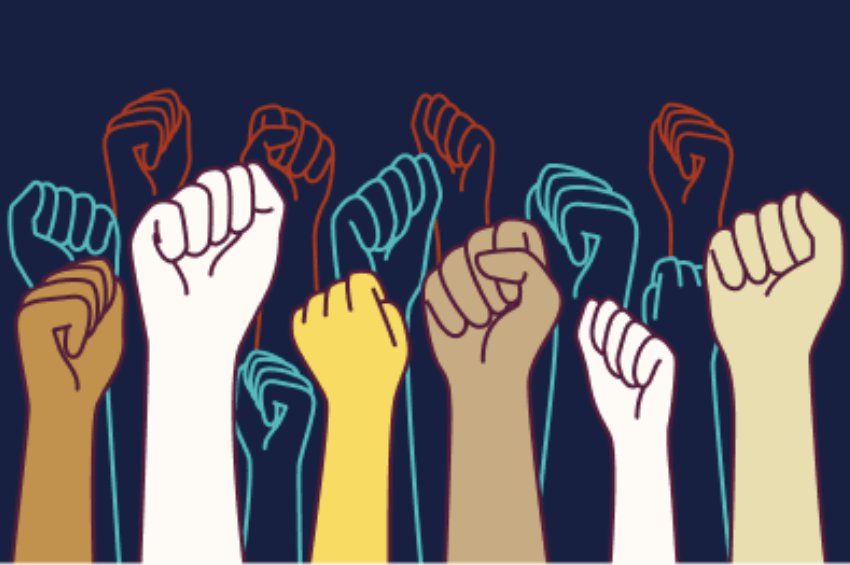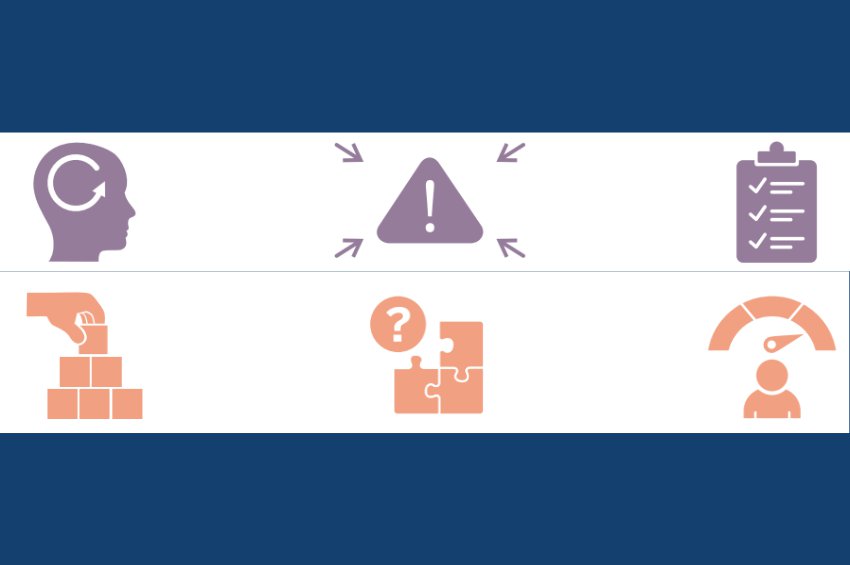Search
Search
Infographics

This infographic offers mental health providers information on understanding cultural responsiveness to racial trauma, why it matters, and what to do. This infographic includes information on what is racial trauma, what is cultural responsiveness, how did we get here, what are the effects of racial trauma and discrimination, as well as your responsibility as a mental health provider.
- Created by the National Child Traumatic Stress Network.
Infographics

This infographic provides a good understanding of the impact of trauma on the development of executive functions in children. It also offers several ideas for age-appropriate games to stimulate the development of these skills.
- Created by Alexandra Matte-Landry.
Infographics

This infographic highlights the four key ways of how trauma responses may present in clients. It also gives a clearer idea of what the collapse/submit response can look like as it can be difficult to recognize, just like many of the emerging defense responses to trauma.
- Created by the National Institute for the Clinical Application of Behavioral Medicine (NICABM)
Infographics

When trauma from a caregiver impacts a child, it can create a cycle that extends for generations. While these impacts can be significant and long-lasting, attachment styles aren’t set in stone. People can learn secure attachment at any point in life.
- Created by the National Institute for the Clinical Application of Behavioral Medicine (NICABM).
Infographics

This infographic provides information on the "freeze" and "shut down" traumatic reactions to help differentiate them.
- Created by the National Institute for the Clinical Application of Behavioral Medicine.
Infographics

This infographic provides information on the prevalence of trauma, the types of trauma and the symptoms that can be experienced as a result of trauma. It also offers ideas for coping strategies that can help integrate trauma, as well as outlining the different kinds of treatment that can be effective for people coping with such situations.
- Created by the National Council for Behavioral Health.
Infographics

This infographic provides information on the way trauma can have a profound impact on a person’s memory. It also addresses how traumatic memory can affect not only the brain, but also the body and nervous system as well.
- Created by the National Institute for the Clinical Application of Behavioral Medicine (NICABM)
Infographics

The window of tolerance is a concept originally developed by Dr. Dan Siegel, MD to describe the optimal zone of “arousal” for a person to function in everyday life. When a person is operating within this zone or window, they can effectively manage and cope with their emotions. For people who have experienced trauma, it is often difficult to regulate emotions and the zone of arousal where they can function effectively becomes quite narrow.
- Created by the National Institute for the Clinical Application of Behavioral Medicine (NICABM).
Infographics

Free
The infographic is designed to educate viewers about intergenerational trauma—how it originates, the various ways it impacts individuals and families across generations, and what can be done to heal and interrupt the cycle. It visually guides the reader through a logical progression: definition to origins to impact to solution.
- Created by Inner Balance Counseling.
Infographics

Free
This infographic explores the overlap between trauma and autism, how these conditions can mask each other, and why a comprehensive evaluation is essential.
- Created by WPS.


